
Antibiotics are often hailed as one of modern medicine’s greatest achievements, but have we ever stopped to question their true impact? How do we know they’ve saved lives, as claimed? Prior to their introduction, humanity survived without them, relying on natural remedies and the body’s inherent ability to heal. The narrative of antibiotics as indispensable deserves closer scrutiny, especially when considering their harmful effects and the broader context of their emergence.
The Post-War Antibiotic Boom
The first antibiotic, penicillin, was discovered in 1928 by Alexander Fleming, but it wasn’t until the 1940s that it became widely used, largely thanks to World War II.

The widespread introduction of antibiotics followed World War II, coinciding with a dark period of unethical human experimentation conducted by groups like Unit 731 in Japan, Nazi “scientists”, and on our soldiers fighting at that time.
These atrocities, conducted under the guise of advancing medical science, raise troubling questions about the origins and rapid proliferation of antibiotics. After the war, these drugs flooded the market, heralded as miracle cures, but their sudden ubiquity seems suspicious. Were they truly a necessity, or was their introduction driven by motives beyond public health?
Questioning the "Benefits" of Antibiotics
The assumption that antibiotics are inherently beneficial has gone largely unchallenged.
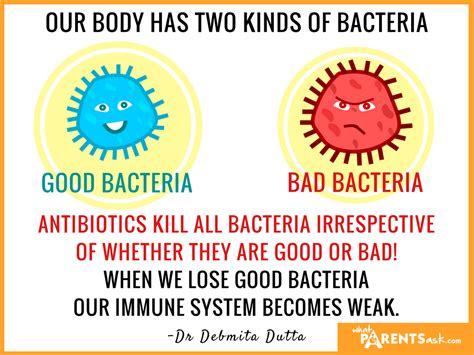
Yet, many of their supposed benefits remain unproven. Instead, their widespread use has caused significant harm:
Destruction of Natural Healing Processes: Antibiotics disrupt the body’s natural microbiome, impairing its ability to detoxify and maintain balance.
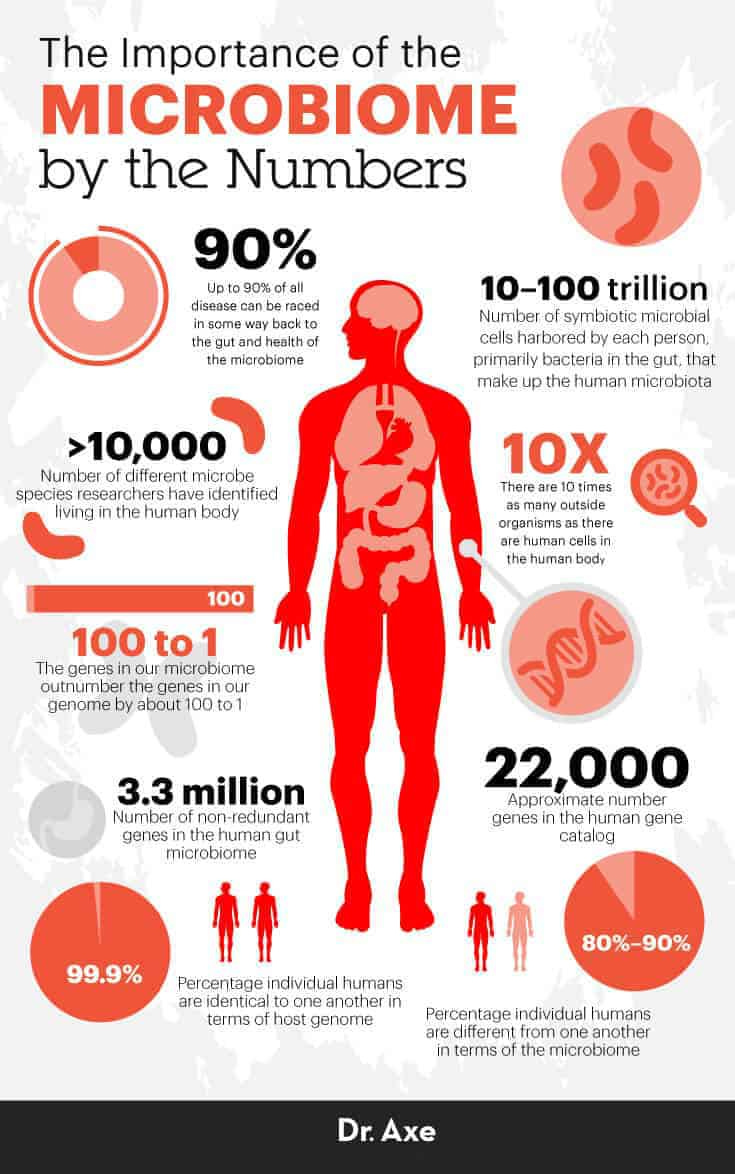
Chronic Illness: By damaging gut health, antibiotics may contribute to long-term physical and mental health problems.

Dependency on Medicine: The push for antibiotics has created a culture of dependency, sidelining traditional healing methods that sustained humanity for centuries.
Are Antibiotics Making Us Ill?
Dr. Martin Blaser, a renowned microbiologist, argues that the overuse of antibiotics is causing significant harm by disrupting our gut microbiome, the ecosystem of beneficial bacteria vital for health.

This disruption has been linked to the rise of chronic illnesses such as obesity, asthma, diabetes, and inflammatory bowel disease. Antibiotics, designed to target harmful bacteria, often eliminate beneficial microbes, altering human biology in ways that increase susceptibility to modern diseases. Blaser highlights that these unintended consequences may persist across generations, as antibiotics can affect early development and even be passed from mother to child. This growing awareness calls for a reevaluation of our reliance on antibiotics and greater emphasis on preserving the microbiome.
I have called this process "the disappearing microbiota". For multiple reasons, we are losing our ancient microbes. This quandary is my central theme. The loss of microbial diversity on and within our bodies is exacting a terrible price. I predict it will be worse in the future. Just as the internal combustion engine, splitting the atom, and pesticides all have had unanticipated effects, so, too, does the abuse of antibiotics and other medical or quasi-medical practices (eg sanitiser use).
An even worse scenario is heading our way if we don't change our behaviour. It is so bleak, like a blizzard roaring over a frozen landscape, that I call it "antibiotic winter". We know that the "good bacteria" protect us against the "bad" ones, the pathogens that we may encounter over the course of a lifetime. As our populations of good bacteria become depleted, our susceptibility to the bad ones grows. I don't want the babies of the future to end up like my poor aunts. That is why I am sounding an alarm.

The Gut Microbiome: 70% of Our Immune System and Second Brain
The gut microbiome, a complex ecosystem of microorganisms, is crucial for maintaining overall health.

It constitutes approximately 70% of the immune system and is often referred to as the body’s "second brain" due to its profound influence on mental and physical health. Antibiotics, by indiscriminately killing bacteria, decimate this delicate balance, leading to:
Weakened Immunity: A compromised gut microbiome reduces the body’s ability to fight infections and detoxify harmful substances.
Neurological Issues: Disruption of the gut-brain axis can contribute to seizures, brain fog, and cognitive decline and so much more.
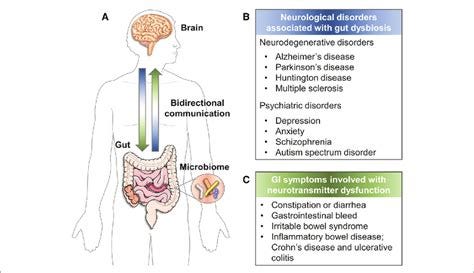
Mental Health Disorders: An imbalanced microbiome is linked to anxiety, depression, and other mood disorders.
Chronic Diseases: Conditions such as autoimmune disorders, irritable bowel syndrome (IBS), and metabolic diseases often trace back to microbiome disruption.
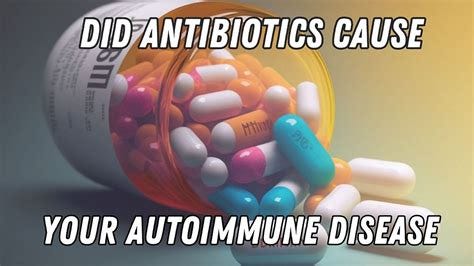
Fluoroquinolones and the Hidden Dangers
One of the most alarming examples of antibiotic harm comes from fluoroquinolones, a class of drugs linked to severe, long-term side effects.
Victims of "floxing" report life-altering symptoms such as:
Permanent nerve damage and musculoskeletal issues
Cognitive decline and psychological distress
Chronic pain and disability
Despite black box warnings issued by the FDA, fluoroquinolones remain widely prescribed, often for minor infections. Stories of devastation, like that of a mother left unable to walk after taking just three pills for a urinary tract infection, highlight the real dangers of these drugs.
Classes of Antibiotics and Their Dangers
Each class of antibiotics carries its own risks, yet these drugs are prescribed liberally without fully understanding their long-term impact:
Penicillins: While considered "mild," penicillins can disrupt gut flora, leading to digestive issues and weakened immunity.
Macrolides: Linked to cardiac issues and liver damage, these are often given to patients with respiratory infections.
Tetracyclines: Known to cause severe gut imbalances and skin sensitivity.
Aminoglycosides: Associated with kidney damage and hearing loss.
Fluoroquinolones: As highlighted, these carry some of the most severe risks, including permanent disability.
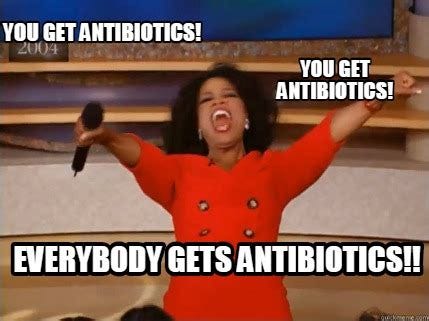
The overprescribing and misuse of antibiotics across these categories amplify their harmful effects, contributing to widespread health issues.
The Overuse of Antibiotics: A Systemic Problem
Antibiotics are prescribed at alarming rates, with the average person consuming dozens of courses over their lifetime. People may also be exposed to antibiotics without even knowing that they have been or the source.
This excessive use has:
Disrupted Natural Immunity: Overuse weakens the body’s inherent defenses, making it more susceptible to illness.
Created Dependency: Instead of fostering resilience, antibiotics perpetuate a cycle of sickness and reliance on pharmaceuticals.
Led to Disability: Cases of severe, irreversible damage from antibiotics are more common than acknowledged, as highlighted in numerous personal accounts and studies.
How Many Lives Do Antibiotics Really Save?
Historical accounts often portray pre-antibiotic eras as rife with death from infections, but these narratives ignore key factors like improved sanitation, nutrition, and natural healing practices. How do we truly measure the lives "saved" by antibiotics when these other advancements likely played a significant role in declining mortality rates?

Rethinking Health and Illness
For centuries, people lived without antibiotics, relying on natural remedies, nutrition, and holistic approaches to maintain health. The rise of antibiotics has shifted the focus from prevention to treatment, often at the expense of long-term well-being. Instead of blindly accepting their use, we should:
Reevaluate the role of antibiotics in modern medicine and the importance of fostering a healthy gut microbiome.
Advocate for natural, holistic approaches to health.
Question the narratives that have been built around the so-called miracles of antibiotics.
A Call to Action
The story of antibiotics is not one of unchallenged success but one that demands critical examination. By questioning their role, understanding their harms, and exploring alternatives, we can pave the way for a healthier, more “sustainable” and less chronic illness inducing approach to medicine. Let us challenge the status quo and seek a deeper understanding of what true health means.





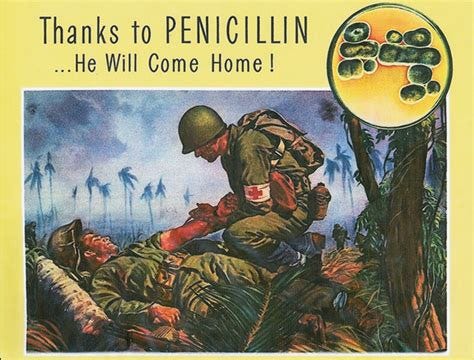








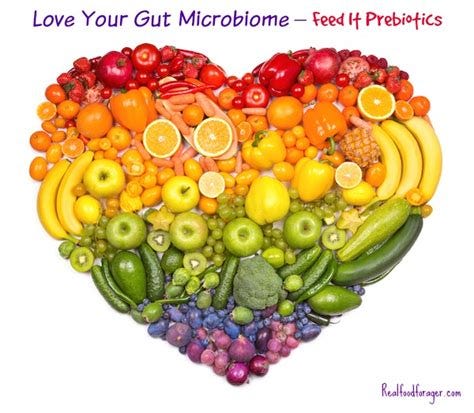


This is a good and necessary piece. Thank you for providing it. I think antibiotics are the centerpiece of the medical malfeasance of the AMA. When we kill off bacteria, yeast can overgrow. Yeast impact the mentation of the host, affecting food choices and the speed of eating. Yeast love grease and sugar. If you chew your food 20 times, you'll penetrate it and infuse it with bacteria from your mouth, and the yeast won't get any of it. People with a yeast infection feel compelled to east quickly and to swallow without chewing much. When my Candida overgrowth made me unable to walk from arthritis in my knees and ankles, I started looking for a cure. It was Turpentine. I'm still rehabbing the left ankle and knee. The candida was metabolizing my connective tissue. The medical industry is walking people from antibiotics to the new class of damaging and severe prescription antifungals. Obamacare is killing everybody. We are funding our extermination through Obamacare, just like Kissinger said we would.
I took antibiotics since i was 20es when i got severe infections like non stop coughing, stripes, no doctors needed. We only need doctors for emergencies in the past and they were very well respected!
The point i want to make is that you have to have balanced nutrients body depends on such as iodines and other minerals, real animal fats and proteins , real vegetables, clean water and Sun! You don't get sick and no need for doctor except emergency! Again, Rockefeller and its worldwide minions can't make money out of your health!
We were still free to buy almost any meds in drug store when we lived outside USA! That was freedom until the western educated kids learned that you can profit billions times more. Then things slowly changing via cellphone and TVbrainwashing until no return. They got hooked up with modern diseases and modern non stop pharmaceuticals! Sane as animal pet! Sorry to say!